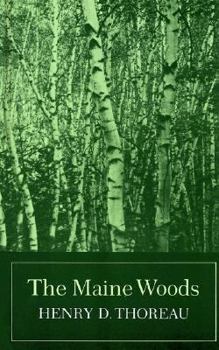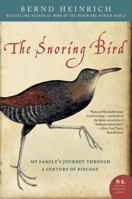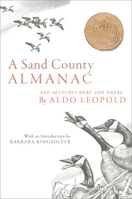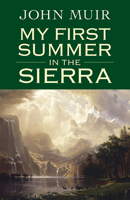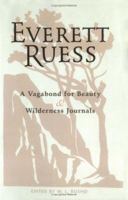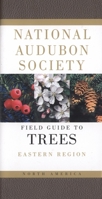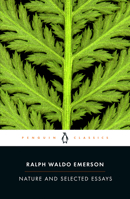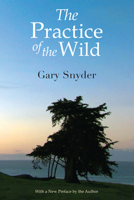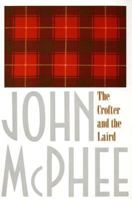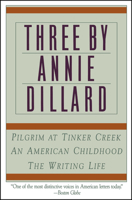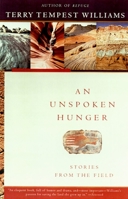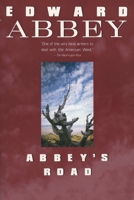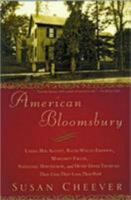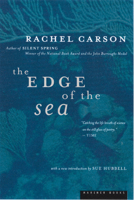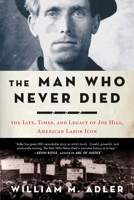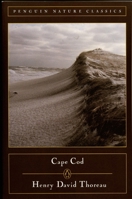The Maine Woods (Ticknor & Fields)
Select Format
Select Condition 
Book Overview
Henry D. Thoreau traveled to the backwoods of Maine in 1846, 1853, and 1857. Originally published in 1864, and published now with a new introduction by Paul Theroux, this volume is a powerful telling of those journeys through a rugged and largely unspoiled land. It presents Thoreau's fullest account of the wilderness. The Maine Woods is classic Thoreau: a personal story of exterior and interior discoveries in a natural setting--all conveyed in taut, masterly prose. Thoreau's evocative renderings of the life of the primitive forest--its mountains, waterways, fauna, flora, and inhabitants--are timeless and valuable on their own. But his impassioned protest against the despoilment of nature in the name of commerce and sport, which even by the 1850s threatened to deprive Americans of the "tonic of wildness," makes The Maine Woods an especially vital book for our own time.
Format:Paperback
Language:English
ISBN:0691014043
ISBN13:9780691014043
Release Date:August 1983
Publisher:Princeton University Press
Length:375 Pages
Weight:0.87 lbs.
Dimensions:0.9" x 5.0" x 8.0"
You Might Also Enjoy
Customer Reviews
2 customer ratings | 2 reviews
There are currently no reviews. Be the first to review this work.











